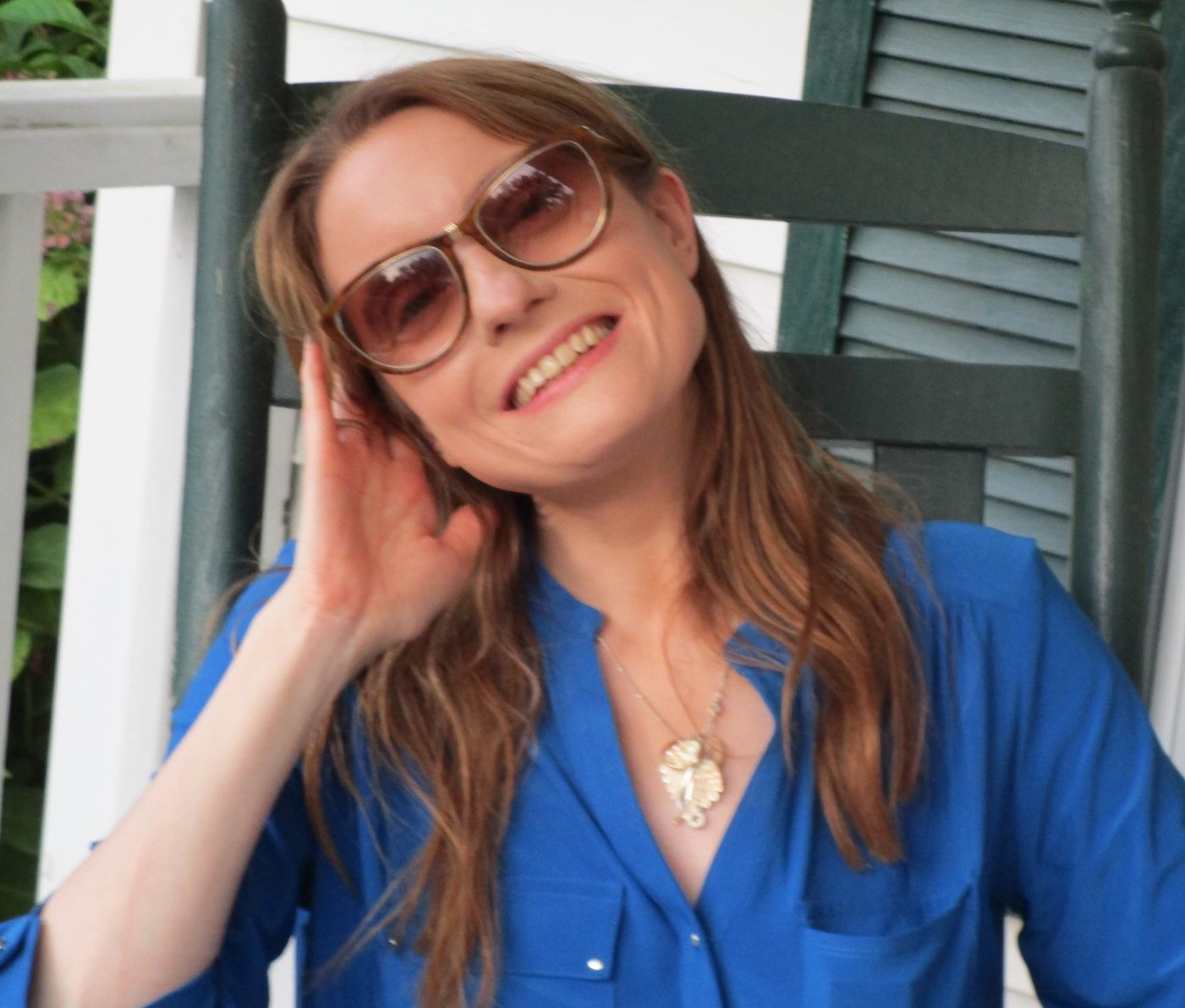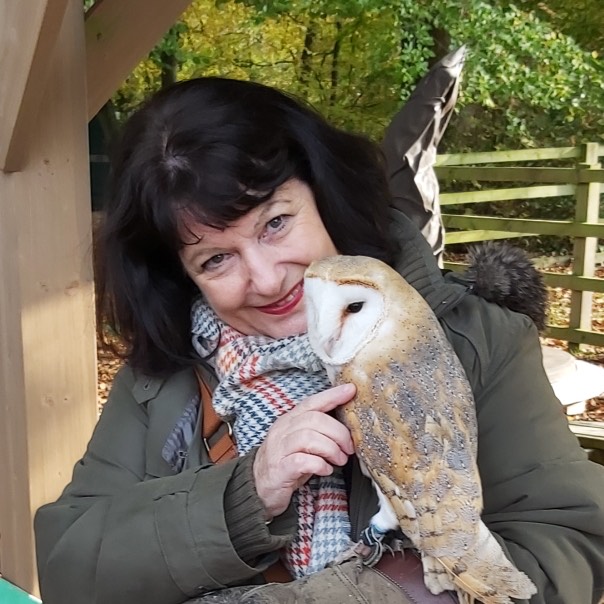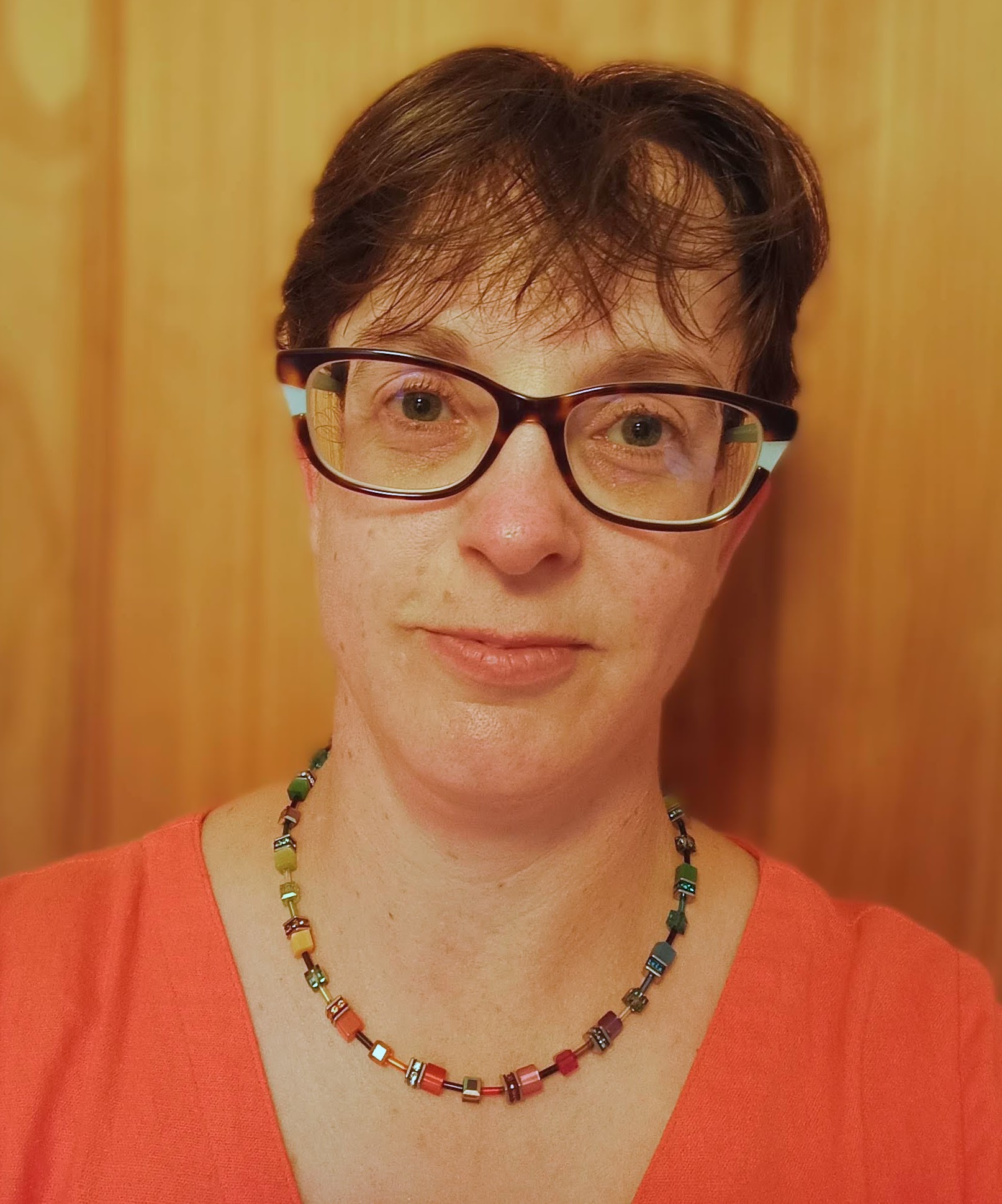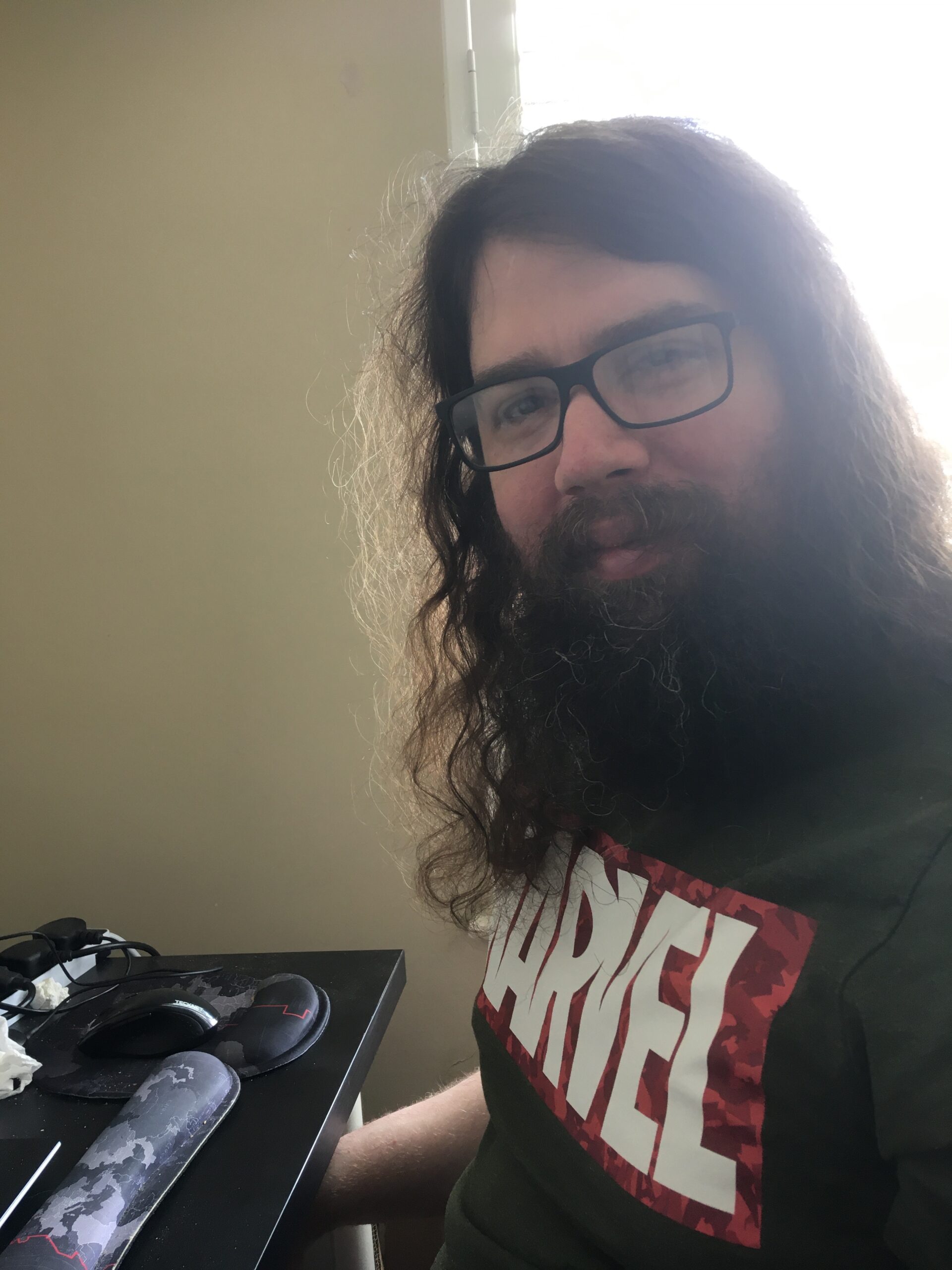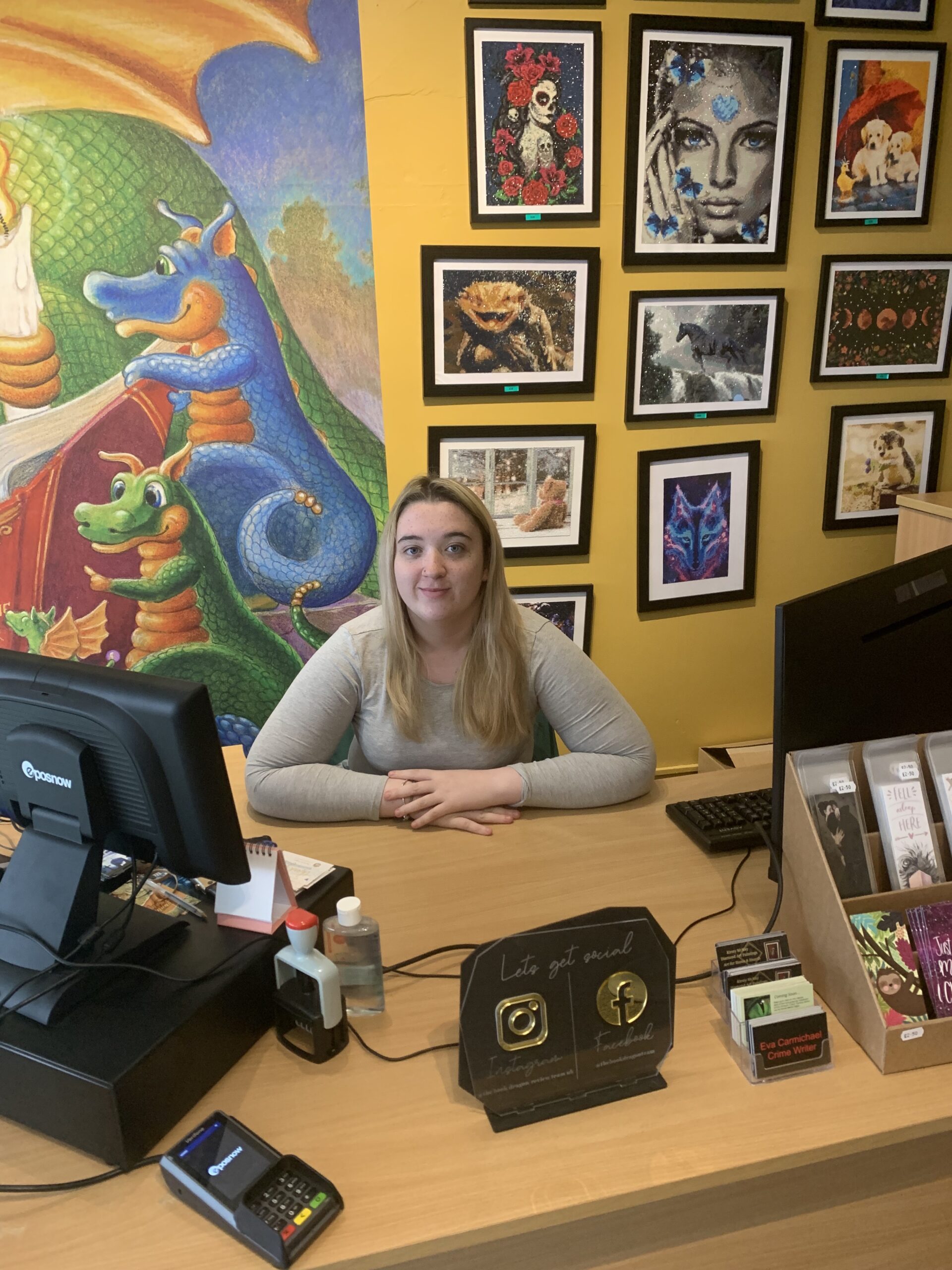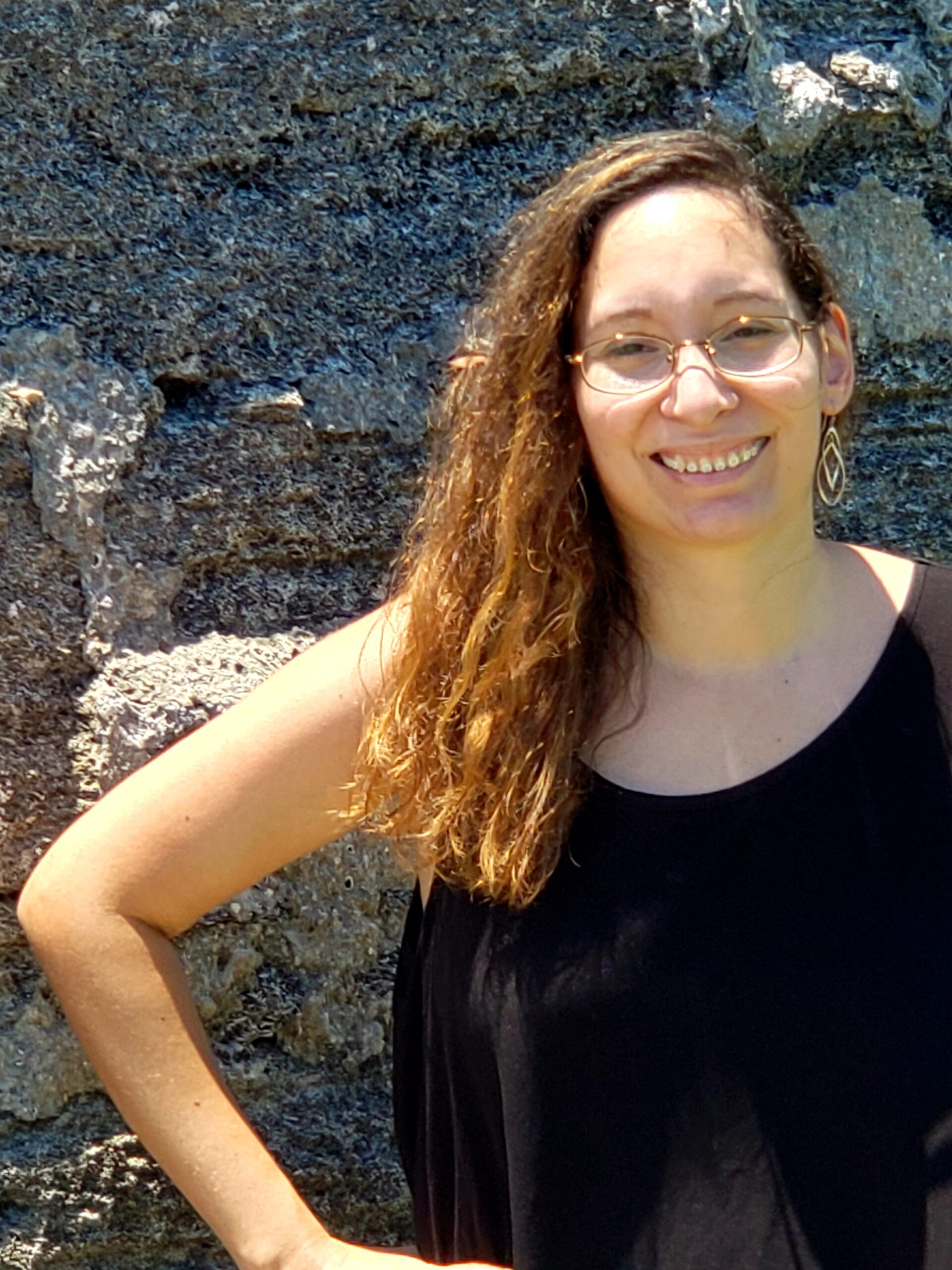The Road to Find Out Book Tour
Cover Blurb
The heady days of the 1970’s are recorded as a time of emancipation and freedom for a new generation of women. Attitudes were changing and women felt empowered to take control of their lives. But that wasn’t Georgie’s reality.
Forced to take a painful look back at her past, in order to move forward, she picks her way through six weeks of a summer holiday revisiting a teenage world she has chosen to forget. The ghosts of her past remind us how life is full of mistakes and regret. Self-doubt, euphoria and remorse provide the theme for teenage rebellion in a small Northern town. Georgie’s risky behaviour and immaturity challenge adult authority with devastating consequences.
Other Titles By the Author
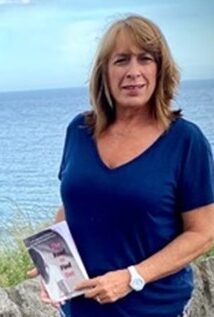
Jackie Watson
Author Bio
Jackie Watson, daughter, mother and wife. b. South Shields, 1956. Partially educated 1961 – 1972. Jackie has always written, experimenting with short forays into rhymes and poetry in her childhood, through to short stories as a teenager. As a form of therapy, to help combat depression within a toxic relationship, she used poetry and writing to record and acknowledge her thoughts about life in the 80’s. Often autobiographical short stories helped her figure out what she wanted in life. Writing as a therapy and support from a tutor helped raise her aspirations, resulting in a Bed. Hons in 1991.
Jackie has always wanted more from life and work. So, you might think that her first book would be a self-help book or a serious look at inequality for women or other ‘minority’ groups. That was her life’s work, and she has the T-shirt to prove it. But no, she has followed her first love for fiction. She believes that this approach, allows the reader to take from the story what they will. The outcome of three years of writing ‘Herstory’ about a generation of young women from the North East of England. But could be any working-class community in the 1960’s/70’s. She recognised that the growing aspirations of that generation did not impact on the reality of women and girls in the North East of England. Whatever young women’s perception of equality and freedom was in the 70’s life opportunities were limited by the societal norms
around them. The role of northern men, their deep-rooted attitudes towards traditional gender roles meant girls aspirations, if any, were crushed. An expectation to conform to old long-established roles meant young women were sandwiched between the men holding, manually demanding, jobs, within heavy industry and a long-established expectation of the ‘good housewife’ supporting role. This meant breaking the mould was difficult, if not
impossible for some.
The love story of Georgie, a fifteen-year old girl, illustrates some of these restrictions. Implicit within the lives of the characters she talks about. The naivety of the young, and inhibitions of the time, are torn apart by an incident that leaves everyone questioning their actions and providing the catalyst for change. Maybe Jackie’s next book will be an academic look at Feminism for working class women in the 70’s or the prequel to Georgie’s. Her mother’s story, beginning in 1936 or Catherine’s story set in 1981. Both are being written.
The Book Tour
Day 1 - Favourite Quotes
Day 2 - Character Summaries
Georgie: Georgie is the main protagonist in this engaging tale. Her character is deeply flawed, yet undeniably relatable as she grapples with the ghosts of her past and the consequences of her actions. She is a character that I am sure many people will resonate with as more of her past is revealed. Her character helps to highlight how much your past actions can affect you today. However, it reiterates the fact that your past is something you can learn and grow from. It provides a sense of hope for the character that she will make the right decisions and that she can find happiness within her present. (Bronwyn McKay)
Cecile: Cecile (French version): I love the presence of Cecile, the French friend of Georgie, the main character. She is such a positive influence on Georgie and helps her to believe in her own beauty and potential. She’s supportive and shows wisdom beyond her years but is also still full of fun and adventure, despite the difficulties she faces back home in France. Each time she made an appearance in the story, it was welcomed, and I felt like things would be better for Georgie whilst she was around. (Michelle Marshall)
Catty: Catherine, or Catty as she is called, is the main character’s younger sister. Although she’s not a main character and the action doesn’t revolve around her, she is an integral influence in her big sister’s life. We see Georgina through her eyes when Georgina reads an excerpt from her diary and realise that the person Georgina shows herself is not necessarily the person that her little sister sees. However, once Georgina talks to her about it, she realises that little Catty has a maturity well beyond her years, an ability to tell things as they are – such as how she describes their parents’ marriage – and to gloss over other things – in how she doesn’t write about the wild things Georgina gets up to, even though she is aware of them. In a way, Catty is the little girl inside each of us that we cling to as we age, hoping to retain that innocence. This is what appeals to me about her character, and the author portrays this superbly. (Phoebe Wilby)
Georgie: My favourite character was Georgina as she was the core character of the story. One immediately connects with her as the story starts off with her in desperate straits. We get bombarded by her life experience and regrets. Gradually as the book goes along we learn how those regrets came to be. She is easy to identify with: she is a good kid, but is stifled by her family life and the somewhat claustrophobic setting. Her parents’ mistakes are what she tries to avoid, and she spends most of the book rebelling. She does activities, makes friends and asserts herself in a way her parents would not approve. She learns to lie and navigate new true love. It’s empowering to see her explore her identity and look more into life. Ben is a great opportunity for her to do so, and Cecile. However, as we soon cringe at the expectation, she lapses into the mistakes of the past– copying her parents’ doomed marriage, and falls into a convenient, tidy life– shattering the dreams she’d built up with Cecile and Ben. It was frustrating reading that part, because one felt she’d made great progress. Yet, the very ending shows her resolve and how even after all these years she is willing to fix what went wrong. (Sophie Jupillat Posey)
Georgie: As tends to be common when a book is well-written from a first-person perspective, my favourite character is the central protagonist. Georgina, the main character, is deeply introspective but self-aware, conflicted, clever but naïve at times. The temporal split between the nineties and seventies allows for room for rumination from the older and wiser Georgie on her past self’s behaviour, but it doesn’t lose the more innocent, younger personality’s voice. (Tim Marshall)
Georgie and Ben: I liked Georgie, and the groovy Ben. His laid back attitude and relaxed way of looking at life is something that we can all learn from! As a friend and a lover, his true colours only enhanced his friendships and relationships. The author’s description of how her characters interacted is very well written. (Yvonne Marrs)
Day 3 - Favourite Excerpts
“Standing here, reflecting on my life and choices made, the regrets spill tumultuously forward, collecting like the thick clouds moving slowly towards me. My anxiety builds, as they seem to illuminate, brought to life by an electric storm charging across the sky - clearing a path and separating the darkness. The animation in the sky ahead like a movie screen, ready to show the story of my life. The main character appearing like some 20’s heroine in a silent picture show. (Phoebe Wilby)
“They pointed to the small church to our right. There, on the grass, the words I Love You were written in large beach pebbles. Ben popped up from behind the war memorial. Scrambling out of the car I ran towards him.” (Sophie Jupillat Posey)
He led me back, into the living room. I followed stumping my big toe on the door post. I laughed absurdly. I’d taken off my shoes, without thinking, as we do at home. My mother, obsessed with keeping the new fitted carpets clean, insists on it. Our home so organised, everything matching perfectly, all clean and tidy, just like her. My safety net was split, falling through it made me panic. But any thought of making a dash for the door was gone. I couldn't run in to the street without shoes on “I’ve got cramp” I blurted. What! I was screaming inside, you stupid little cow. Get a grip. (Tim Marshall)
Day 4 - Video Interview
Day 5 - Reviews
Michelle Marshall - 4.5 Stars I thoroughly enjoyed this nostalgic story set in my native Northeast. The main character of Georgie was relatable and made me realise that growing up as a teenage girl in the 1970’s probably wasn’t too much different to when I did in the 1990’s, or indeed how it is for teens today. Although such things as society and technology may alter, the eternal experiences of falling in love, questioning our identity and deciding what and who we want to be never change. I believe this story will appeal to anyone who has lived through the thrills and traumas of being a teen and to those who have experienced getting older and reflecting on these years, wondering how things could have been different, if we’d taken alternative paths. Jackie is a lovely writer, and the book was incredibly easy to read. I particularly loved her descriptions of the Northeast coastline and how she related its dramatic features to the tumultuous emotions she was experiencing.
Phoebe Wilby - 4.5 Stars The Road to Find Out’ is a well-written story of discovery as a middle-aged woman reflects on her life and the choices that have brought her to this point. We go with her on her journey, reliving her past as she tries to make sense of her life in order to make a decision that will affect not only her, but her husband, her daughter, and perhaps her career. Georgina, or Georgie to her friends, is a woman in her forties, wandering the beaches she used to haunt as a teenager in the dawning of the 70s. It was a time of free love left over from the 60s, a time when women were finding their place in the world, fighting back. This wasn’t the reality for the women in Georgie’s life and she does what just about every teenager in the world does. She rebels. Like every teenager in the world, she comes to realise that actions have consequences, and some decisions need to be made. The story flits between the past and the present, which can be confusing at first, but as we move further into the story, the clues are there as to which era we’re in and it flows better. Jackie Watson draws an accurate picture of a young girl exploring new horizons as she becomes the older woman turning to her past to find the strength to make the life-changing decisions. It is a well-paced story that draws you in. There are a few editing issues such as forgotten quotation marks denoting speech, but nothing to draw you out of the story. The characters are well-rounded, believable, and loveable. The scenes help to move the plot along, as does the lively dialogue which is relevant to the era. From the first sentence to the last, I enjoyed Jackie Watson’s ‘The Road to Find Out’.
Tim Marshall - 4.5 Stars A coming-of-age tale set mainly in the seventies in the northeast of England, The Road to Find Out is an evocatively-written story with characters and places that felt true-to-life to me as I read it. Full of light and shade, it struck a chord emotionally for me even despite the fact that it was so far removed from my own experience. The author does an excellent job of letting the reader inhabit the mind of both the teenage girl in the seventies and her older self in the nineties. I recommend it to young adults and adults interested in exploring themes of femininity and growing up in the seventies.
Sophie Jupillat Posey - 4.5 Stars Georgina is a shy teen who feels stuck in her everyday life. Her parents are unhappy with each other, and constantly take it out in their own way on the kids. Georgie feels removed from almost everyone, even her own sister Catty. Until circumstances show they have a closer bond than they think. The book sticks with teenage Georgie and adult Georgie, jumping back and forth through time to show the evolution of her life; yet all centered on those pivotal moments during 1971. The progression of her character is satisfying and frustrating to watch as we jump from one time period to the next. The supporting cast is strong, with relatable characters like the wise and worldly Cecile, broken and wingman Ozzie, reprehensible and broken Micky, and loveable and mysterious Ben. Her parents are also well fleshed out. Everyone shone, the dialogue was clear, one could understand how and why everyone acted the way they did– from the lovable, to the more annoying characters. Near the end, I felt we got jipped on some of the characters we’d been following in favor of moving the plot forward and pushing Georgie’s redemption moment. Ben was one of the standout characters and their love for each other felt real and authentic. The scenes were well done, poignantly written and haunting. They flowed and moved the book along. Sometimes it dragged a little, but I understand it was needed to show all the aspects of that summer and how it affected Georgie. The whole time, one is on tenterhooks as we’re not sure what Georgie’s choice will be and if she’ll repeat the same mistakes. The ending left me feeling speculative, as one knows she can lie, she says so herself in the narrative; so one wonders if the happy-ish ending is true or in her head… Yet, it feels right. Would definitely love to read the continuation of this.
Bronwyn Mckay - 4.5 Stars The Road to Find Out’ by Author Jackie Watson, is a poignant and thought-provoking exploration of a woman’s journey back to her past during the 1970’s. The book delves into a narrative that defies the liberating spirit of the era, focusing on the life of Georgie, a woman who finds herself confronting her past to pave the way for her future. The book is a slow-burning narrative that unfolds with each turn of the page, gradually revealing the layers of Georgie’s past. While the pacing may be too deliberate for some readers, it serves to create a sense of anticipation and reflection. ‘The Road to Find Out’ is a powerful exploration of the human experience, where mistakes and regrets shape the path to self-discovery.
Yvonne Marrs - 4.5 Stars As attitudes were changing, women were empowered to take control of their lives. But this wasn’t the case for Georgie. A true trip down memory lane for main character Georgie, we want her to have a happy ending. There are some editing issues, which alas, did spoil the fun, at least for me. The author can easily remedy these errors in the book, which would bring up my overall rating.
Book Tour Reviewers
